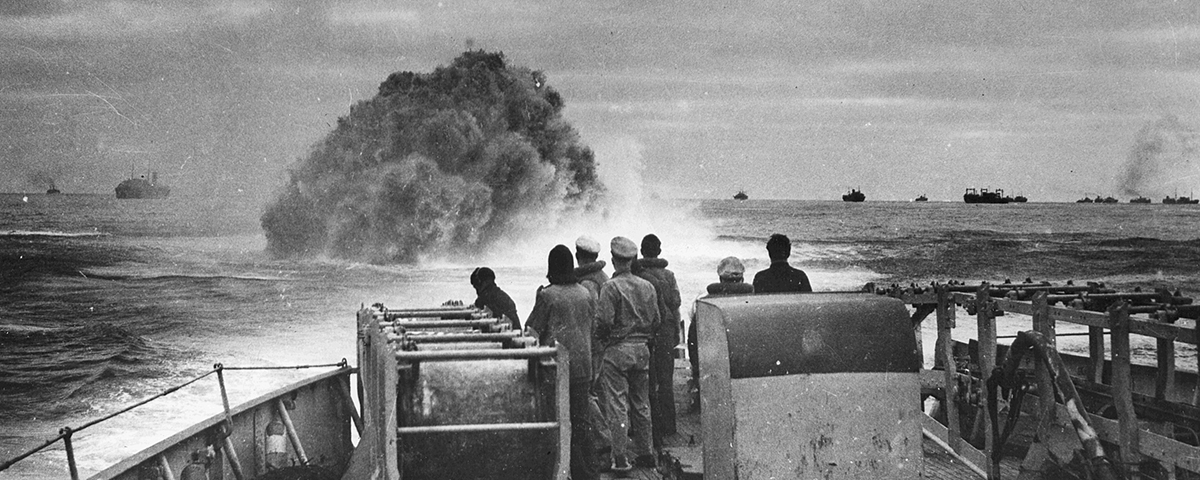With little more than a scientific mindset and a few simple equations, operations researchers proposed changes in tactics or strategy that doubled or tripled the lethality of the Allied antisubmarine campaign
Still full of searing Anglophobic resentments from World War I, when the Royal Navy had condescendingly treated the Americans as distinctly junior partners, Adm. Ernest J. King—the U.S. chief of naval operations whose legendary irascibility once prompted Franklin Roosevelt to comment that King shaved with a blowtorch and trimmed his toenails with torpedo net cutters—bristlingly rebuffed British efforts to share their undoubtedly greater experience in countering the U-boat menace. In April the British sent their head of the Submarine Tracking Room to Washington to try to plead the case personally. Rodger Winn, though he wore a Royal Navy commander’s uniform, was in many ways as much a non-naval outsider as the OR men. A barrister in civilian life, Winn had a fierce intellect and a brilliant knack for organizing and analyzing information. He also suffered from a severe limp, the result of childhood polio, which would normally have disqualified him for a commission even in wartime. But wise enough heads had prevailed to recognize his value to the navy, and make a highly unusual exception.
It took Winn several days before he managed to get in to see the deputy chief of staff, Adm. Richard S. Edwards, and when he did the two men were yelling at each other in short order. At one point Edwards got so mad he hotly insisted that if America wanted to lose ships, that was America’s business and the British should butt out. Winn retorted that a lot of the ships were British, and “we’re not prepared to sacrifice men and ships to your bloody incompetence and obstinacy!”
But Winn was prepared to offer a carrot too: to share British intelligence and scientific methods. That seemed to turn the tide and, as Winn recalled, after an “alcoholic luncheon” the two men “parted the best of friends” and things began to happen.





